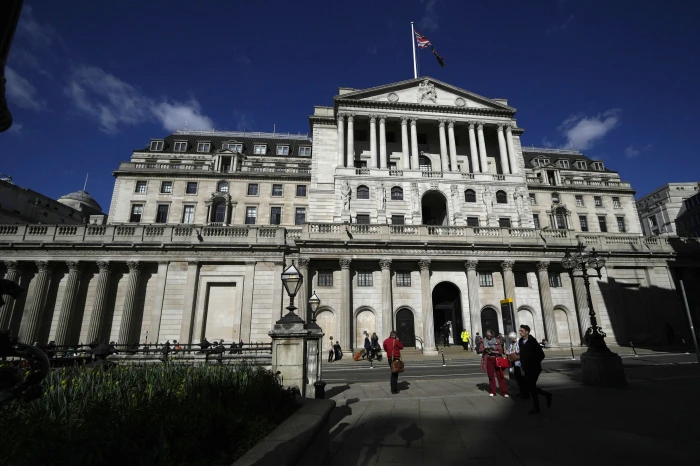Government Push for Cybersecurity
The Brazilian government is stepping up its efforts to secure the country’s rapidly expanding digital finance sector. With online banking and fintech usage reaching record highs, authorities are introducing stricter cybersecurity regulations and enhancing monitoring systems to combat fraud and data breaches. New initiatives include mandatory security standards for financial institutions, partnerships with tech firms to improve digital defenses, and increased penalties for cybercrime. Officials say the measures are aimed at protecting consumers while ensuring trust in Brazil’s growing digital economy.
Challenges of Cybercrime
As Brazil’s digital finance ecosystem grows, so do the risks associated with cybercrime. Authorities report a surge in phishing scams, account takeovers, and fraudulent digital transactions, targeting both individuals and businesses. Hackers are increasingly exploiting gaps in mobile banking security and social engineering tactics to bypass defenses. Experts warn that the sophistication of cybercriminal networks is outpacing traditional protection methods, putting pressure on financial institutions to rapidly upgrade their systems. The challenge for Brazil lies in staying ahead of these threats while maintaining accessibility and trust in digital services.

The surge in online transactions has attracted cybercriminals, leading to a spike in scams, phishing attempts, and digital fraud.






















3 comments
David Bowie
3 hours agoLogan Cee
2 dayes agoLuis Diaz
December 25, 2022